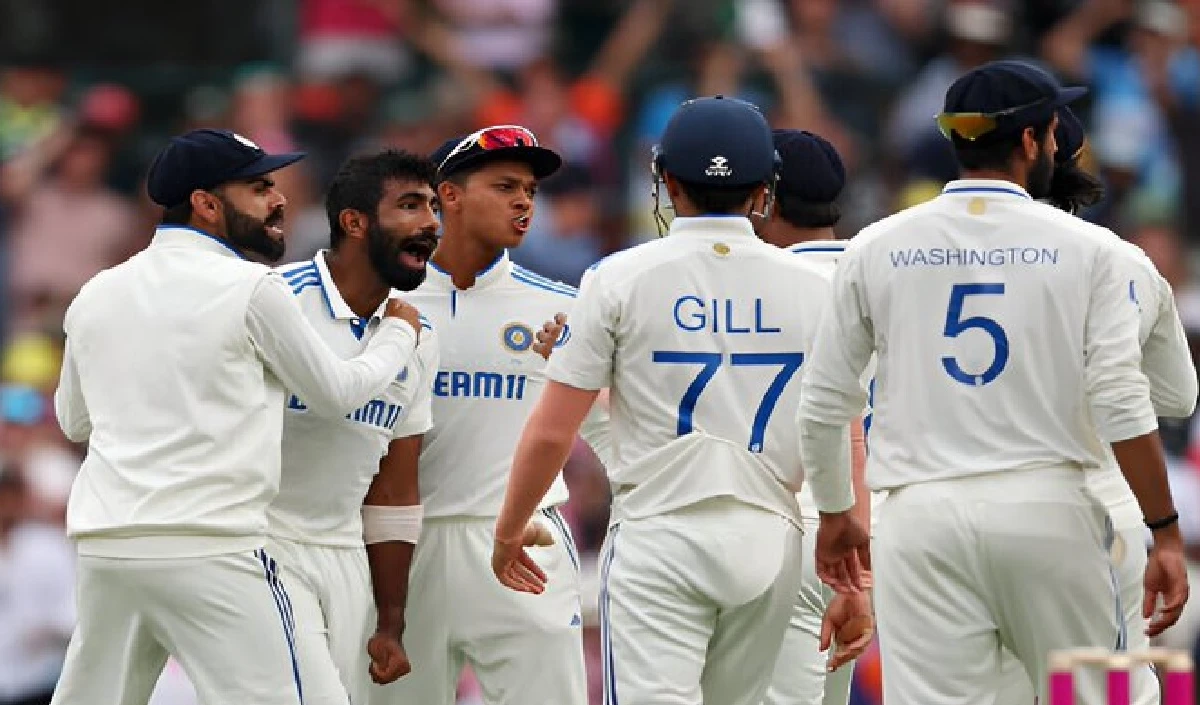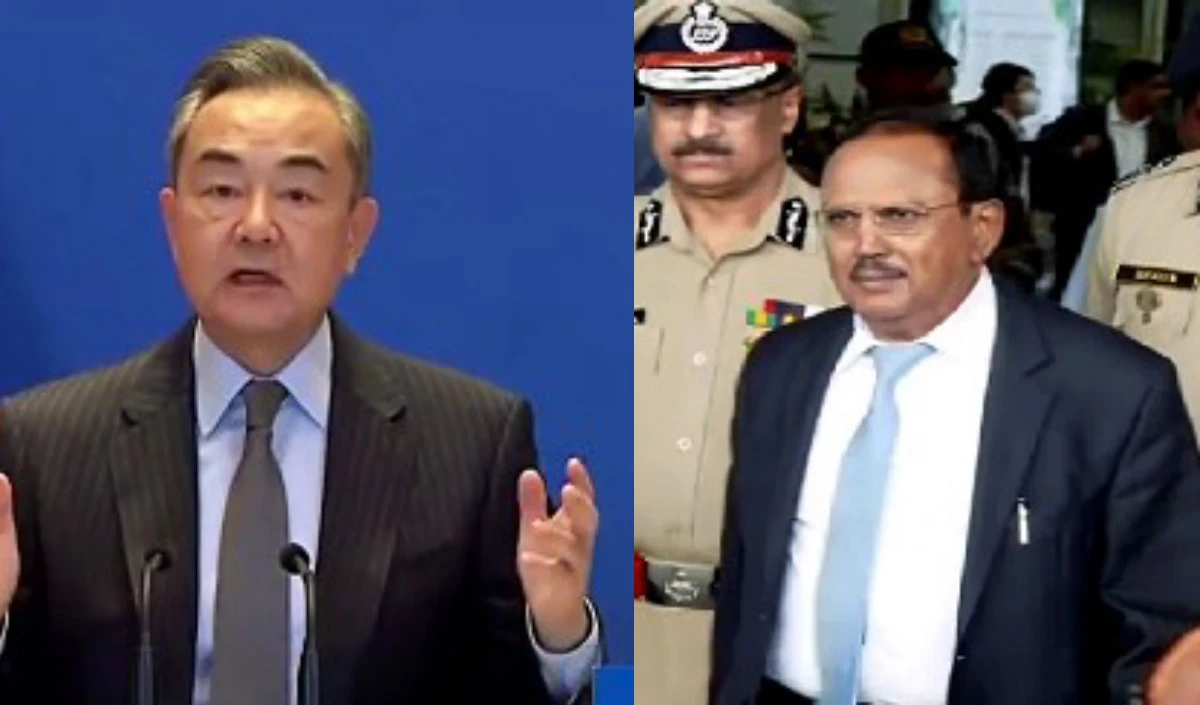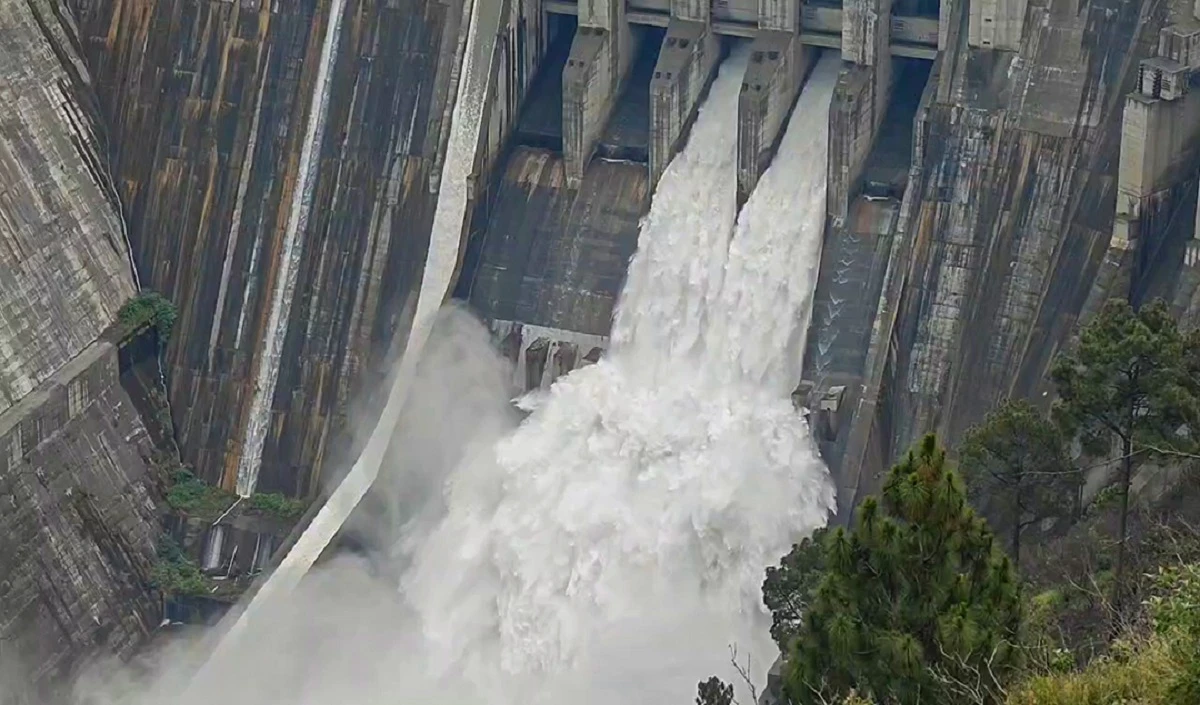For the first time in 6 years, it may be that Prime Minister Narendra Modi does not attend the G7 Summit this year. Let us tell you that this conference is to be held between 15 and 17 June in Alberta, Canada. India has not yet received an official invitation from Canada. It is being told that Prime Minister Modi is also less likely to visit Canada as India has not been invited yet despite such a short time in the conference. At the same time, India has not been clarified whether the new government of Ottawa will take India’s concerns seriously about pro -Khalistan activities.
Sources in the Government of India clearly say that the invitation sent at the last moment is less likely to consider from India. Also, making the Prime Minister’s program at the last minute will cause many problems, besides the Khalistani separatists will also have the possibility of disrupting the journey. Anyway, tension in bilateral relations between the two countries remains intact. Although Prime Minister Modi and his Canadian counterpart Mark Carney have committed to improve the relationship, but no concrete steps have been taken so far. By the way, on the sidelines of the G7 Summit, any bilateral meeting could give the two leaders an opportunity to strengthen the relationship again.
Let us also tell you that Canada has not yet officially declared the names of guest leaders for the summit. But according to Canadian media reports, Ottawa has invited leaders from Australia, Ukraine, South Africa and Brazil. If seen, this will be the first time that Prime Minister Narendra Modi will not attend this meeting of G7. The last time he was invited by France in 2019.
Let us tell you that India’s participation in this informal democratic platform of the world’s most advanced economies is seen as a symbol of India’s growing importance in shaping the global agenda and resolving international issues. But if India does not get an invitation this time, then it would be a clear indication that the influence of Justin Trudeau and Khalistanis still remains on the Canadian government.
Let us tell you that last week, Sikh separatists appealed to Prime Minister Carney not to invite Indian Prime Minister Modi. Although Canadian Prime Minister Carney has not so far said anything directly on the Nijjar case, but while talking about starting the relationship by making business a medium, he has said that Canada is not responsible for tension in relations with India. India hopes that Carney will handle the matter more responsibly than Trudeau, so India has said that it is ready to work with Ottawa on the basis of mutual trust and sensitivity. India wants Canada to ensure strong security of Indian diplomats and take strict action against extremists and separatists involved in anti-India activities.
Let us remind you that Justin Trudeau, the predecessor of Carney, accused the Government of India of killing Khalistani Nijjar without any concrete evidence, while India had sought evidence, refusing the allegations which were never given. Due to this dispute, the two countries had expelled each other’s diplomats, which led to the biggest decline in relationships so far.



